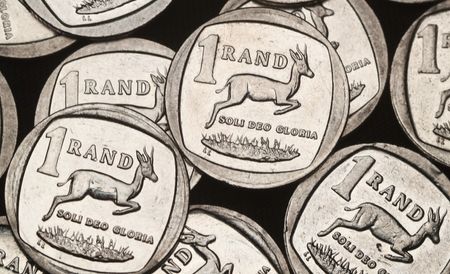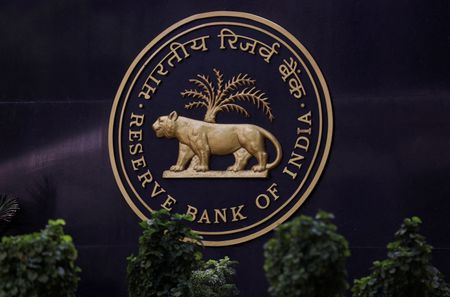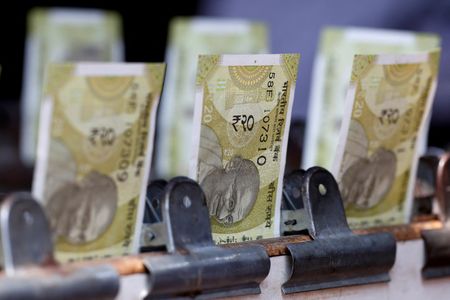By Amanda Cooper
LONDON (Reuters) – The dollar rallied, while U.S. stocks fell sharply on Friday after data showed the U.S. economy created far more jobs in December than expected, reinforcing the belief among investors that U.S. interest rates may not fall much this year.
The Labor Department said nonfarm payrolls rose by 256,000 in December, up from November’s downwardly revised 212,000 and above expectations for a rise of 160,000 in a Reuters poll of economists. The unemployment rate fell to 4.1% versus expectations for an unchanged reading of 4.2%.
The dollar, which is set for a sixth weekly rise against a basket of major currencies, bounced 0.4% to 109.68, driven up by a steep rise in U.S. Treasury yields, leaving the euro, yen and sterling down after the data.
The S&P 500 fell 0.9% in early trading, while the Nasdaq dropped more than 1%. U.S. markets were closed on Thursday to mark the funeral of former President Jimmy Carter.
Shares in small cap companies, which can be more vulnerable to fluctuations in interest rates, came under the most intense pressure, leaving the Russell 2000 down 1.7% on the day.
“Strong jobs creation and low unemployment are often indicators of a healthy economy – naturally a cause for optimism, but potentially causing slight disappointment for investors hoping for further interest rate cuts,” Richard Flynn, managing director at Charles Schwab UK, said.
Markets show traders now expect the Federal Reserve to cut interest rates by just 30 basis points over the course of this year, compared with cuts worth about 45 bps before the employment data.
Benchmark 10-year U.S. Treasury yields surged to trade 8 bps higher on the day at 4.761%, from 4.7% earlier, marking a new 14-month high.
“The jump in bond yields looks set to continue, which is bad news for equities. Could a 5% yield on the 10-year Treasury really be hit? Any hope of a quiet start to the year has well and truly disappeared now,” Premier Miton Investors chief investment officer Neil Birrell said.
Yields have vaulted higher this week, as concern about rising inflation and higher interest rates triggered a broad selloff in the global bond market that pushed long-dated borrowing costs to multi-year highs.
The turmoil in the fixed income market has hit UK government bonds particularly hard, pushing 30-year gilt yields to their highest since 1998, as investors grow increasingly worried about Britain’s finances.
The pound fell for a fourth day, dropping by as much as 0.91% to $1.2194, its lowest since November 2023. It last traded down 0.6% at $1.224.
In commodities, oil prices shrugged off the impact of a stronger dollar, rising almost 5% to $80.40 a barrel, as traders focused on potential supply disruptions from more sanctions on Russia. [O/R]
Gold, meanwhile, rose 0.8% on the day to $2,690 an ounce, defying a stronger dollar and the jobs data.
(Reporting by Amanda Cooper; Editing by Kirsten Donovan)













